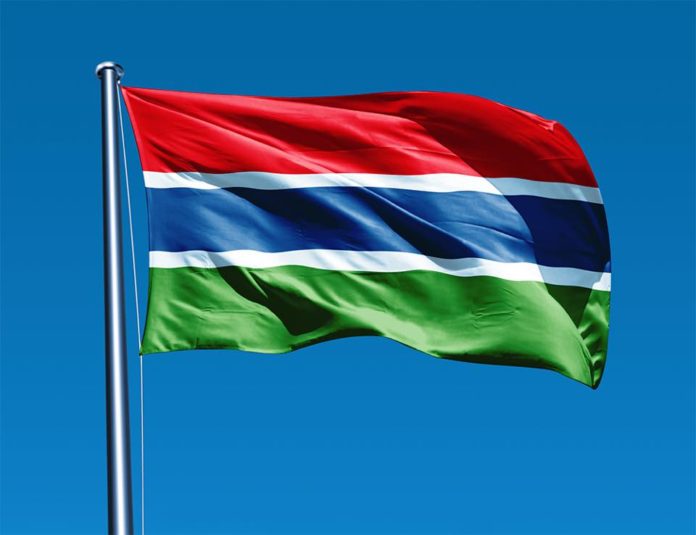The Gambian is in transition. Many things have happened. There have been victims and perpetrators. How is justice to be done to the satisfaction of the victims and the acknowledgement of the perpetrators of doing wrong and deserving to confess and repent? The country needs a judicious transition where the victims know the truth, get reparation, forgive and use their life experience to teach others never to perpetrate such injustice again. This is the form of transitional justice that can guarantee peace with justice.
People are commenting on the death penalty against Yankuba Touray. It is important to note what the constitution says about the death penalty.
Section 18 of the Constitution states
“(2) As from the coming into force of this Constitution, no court in The Gambia shall be competent to impose a sentence of death for any offence unless the sentence is prescribed by law and the offence involves violence, or the administration of any toxic substance, resulting in the death of another person.
(3) The National Assembly shall within ten years from the date of the coming into force of this Constitution review the desirability or otherwise of the total abolition of the death penalty in The Gambia.”
Section 232 adds:
“Notwithstanding any other provision of this Constitution, the provisions of the
Second Schedule shall have effect on the coming into force of this Constitution.
Paragraph 16 of the Second Schedule adds:
“Where any law makes provision for a sentence of death in any case other than that provided for in section 18 (2), the law shall have effect as if imprisonment for life were substituted for that penalty.”
Hence, even if treasonable offence merit death penalty if a person has not actually taken part in violence or use of toxic substance causing death one may be give a life sentence but cannot be sentenced to death.
Furthermore, the isolation that Jammeh got for implementing the death penalty should be a reminder to the Barrow administration.
Barrow should begin consultation with the family of the victim to get their candid view on what would lead to healing. No society would want to go through this traumatic moment. When will we develop the conscience not to take life or avenge death with death? Who would want to leave such a legacy? The person who has the heart to forgive would have the moral authority to shame and condition the perpetrator to repent and teach others the weight of living with the guilt of taking life.
The country is now about to go through its most trying of times as fear rules the heart of perpetrators. We should not take the wrong decisions and the wrong time and upset the balance between justice and mercy. The two must be balanced to have peace based on repentance and reparation.



















